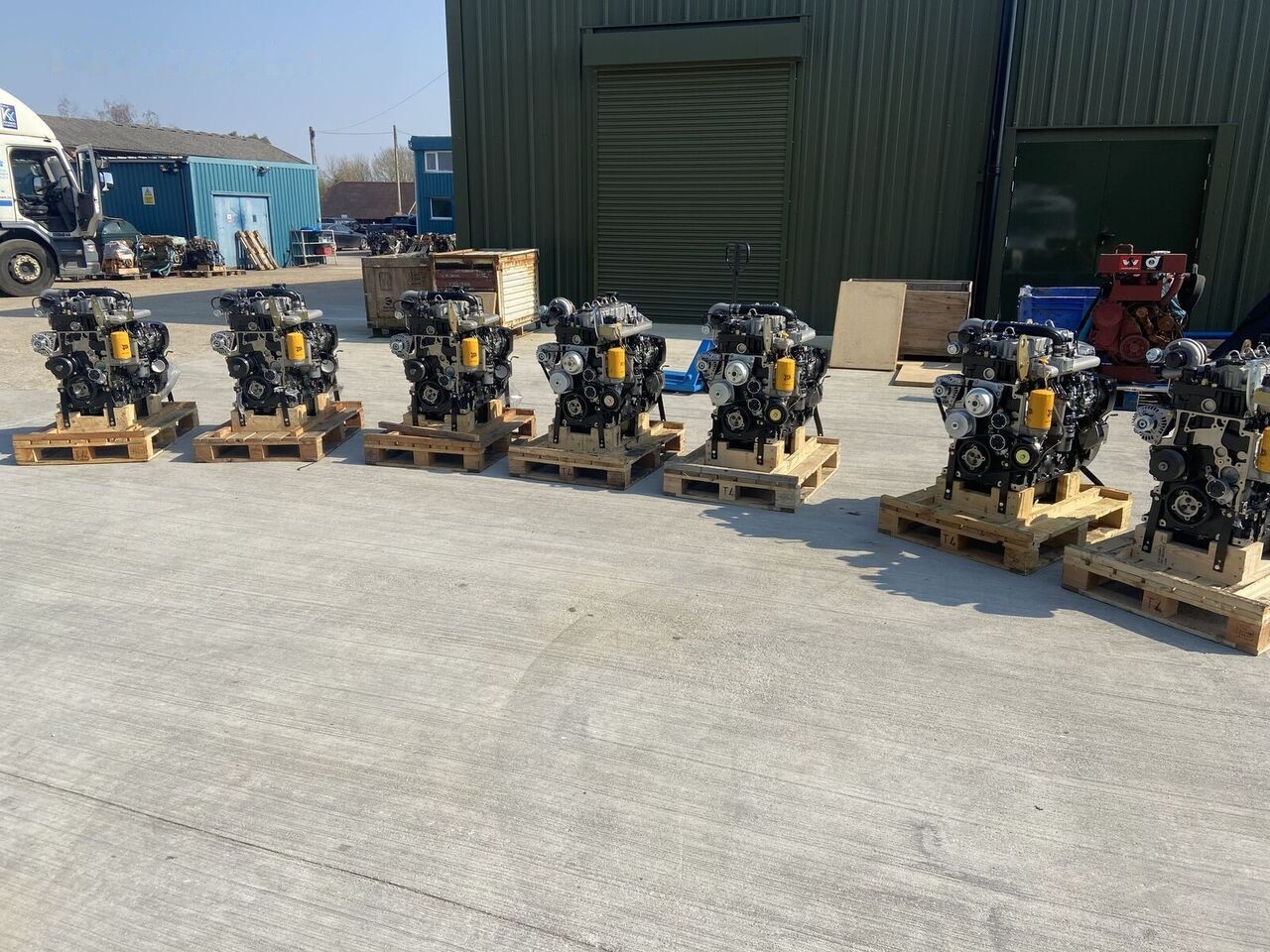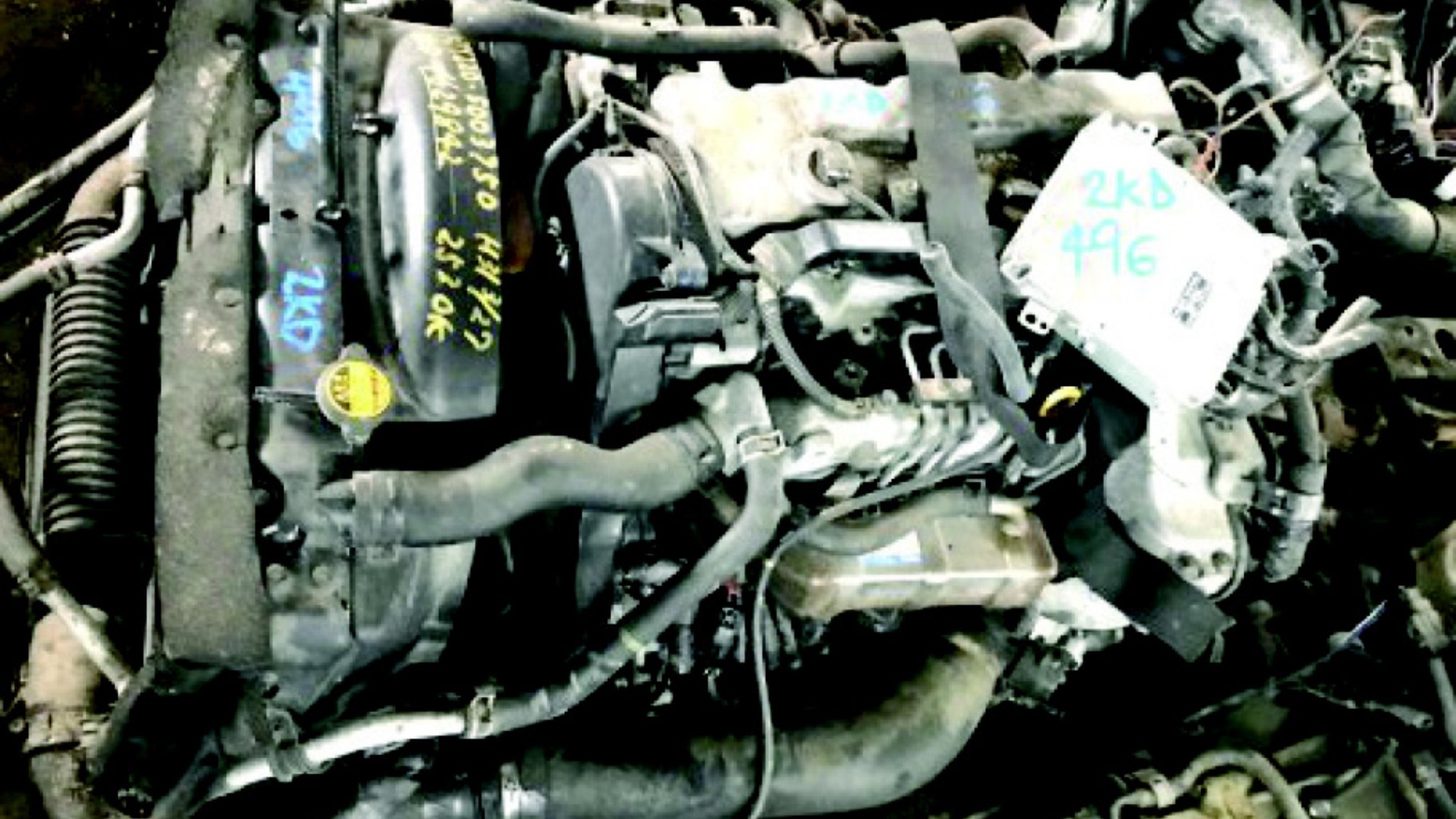Exploring the Environmental Benefits of Engines for Africa's Renewable Projects
Exploring the Environmental Benefits of Engines for Africa's Renewable Projects
Blog Article
Recognizing the Long-Term Advantages of Buying Engines for Africa for Future Growth
The possibility of spending in engines for Africa-- spanning infrastructure, education, and technology-- offers a compelling chance for long-lasting growth and stability. Such financial investments not only lead the method for sustainable financial diversification yet likewise strengthen strength against worldwide obstacles.
Economic Security and Durability

Furthermore, durability allows African countries to adjust to altering international characteristics, including climate adjustment and technological developments. By prioritizing financial diversity, nations can reduce dependency on a narrow series of fields, therefore alleviating threats related to economic downturns. Financial investment in infrastructure, technology, and education and learning more boosts this resilience, encouraging neighborhoods to grow despite difficulties.
Implementing audio monetary policies and enhancing financial organizations are also crucial techniques for improving financial stability. These measures can help with access to credit score, boost financial savings rates, and promote reliable resource appropriation. Ultimately, a robust financial framework lays the structure for lasting advancement, making sure that Africa can utilize on its enormous potential while preparing for future uncertainties.
Task Creation Opportunities
A lively work market is crucial for driving sustainable growth and reducing hardship in Africa. Buying engines for Africa, particularly in sectors such as agriculture, innovation, and production, can considerably improve job creation opportunities across the continent. As brand-new sectors arise, they require a labor force equipped with varied skills, resulting in raised work potential customers for regional populations.
These financial investments not just develop direct work chances yet also promote secondary fields. A growing production sector can lead to increased demand for logistics, upkeep, and supply chain monitoring roles. This multiplier result magnifies the overall work landscape, fostering a durable ecosystem where numerous industries flourish collectively.
Moreover, boosted job chances can promote entrepreneurship, as individuals with steady revenues often look for to purchase their own businesses. This entrepreneurial spirit can give extra work opportunities, adding to a vibrant economy.
Ultimately, by concentrating on work development with strategic investments, Africa can harness its capacity, ensuring that financial development converts into substantial advantages for its citizens - engines for Africa. In doing so, the continent can construct a lasting future that prioritizes both economic growth and social upliftment

Enhancing Education Equipment
On a regular basis enhancing education and learning systems is vital for outfitting Africa's young people with the abilities needed to grow in a quickly evolving job market. A robust educational structure must prioritize both scholastic excellence and sensible skill growth. By aligning educational programs with the demands of industries, universities can much better prepare trainees for future job opportunity.
Investment in instructor training programs is important to enhance academic quality. Well-trained educators inspire students and foster crucial thinking, imagination, and analytical abilities. Integrating trade and technical training into the education system can supply students with substantial abilities that fulfill market demands, thus lowering young people joblessness rates.

Furthermore, enhancing access to education and learning, especially in country and underserved areas, is essential. Techniques such as mobile knowing platforms and community-based education efforts can connect the space, ensuring that all young people have the possibility to do well (engines for Africa). Ultimately, a versatile education system will be a keystone for Africa's lasting development and growth
Innovations in Innovation
Utilizing the power of innovation is changing different markets throughout Africa, paving the means for advancement and development. The integration of sophisticated modern technologies such as expert system, large data, and the Net of Points (IoT) is changing industries, boosting performance, and driving financial growth. These innovations are enabling businesses to improve procedures, enhance decision-making procedures, and promote a more affordable market atmosphere.
In farming, as an example, accuracy farming methods powered by information analytics are enhancing crop returns and source monitoring. The financial market is observing a rise in mobile banking and fintech remedies, which are raising economic inclusion and providing important services to underserved populaces. The health care market is profiting from telemedicine and electronic health records, boosting access to quality care throughout remote locations.
As modern technology continues to develop, its effect on education is likewise substantial, with e-learning platforms broadening academic possibilities. By purchasing these technical innovations, African nations can open brand-new financial possibilities, develop jobs, and raise living requirements. Accepting innovation is important for lasting growth, making certain that Africa continues to be affordable on the global stage.
Facilities Development Effect
The rapid improvements in modern technology are closely intertwined with the urgent you can try these out demand for framework development throughout Africa. As countries make every effort to boost their financial landscapes, buying robust facilities systems becomes critical. Reliable framework-- consisting of transport networks, power grids, and communication systems-- promotes improved access to markets and sources, ultimately reinforcing productivity and financial development.
The effect of framework advancement extends past prompt financial benefits. Boosted facilities cultivates an environment favorable to advancement, bring in both foreign and neighborhood investments.
In addition, strategic investments in infrastructure can mitigate the dangers related to environment change, as resilient systems are crucial for adjusting to ecological obstacles. By prioritizing lasting framework advancement, African nations can make certain long-term growth and security. Inevitably, the interaction in between technological developments and framework development is important for recognizing the continent's complete capacity and attaining lasting development objectives.
Verdict
To conclude, investing in engines for Africa-- encompassing facilities, modern technology, anchor and education and learning-- provides substantial lasting advantages necessary for sustainable development. Such critical investments foster economic stability and strength, produce work possibilities, and improve education systems, eventually bring about improvements in technology and infrastructure development. The collective effect of these initiatives not just enhances market gain access to and source circulation yet also settings African countries to adjust and thrive in a progressively vibrant worldwide landscape.
Financial stability and strength are critical elements for sustainable development in Africa, specifically as the continent seeks to harness its large sources and capacity. By focusing on financial diversification, nations can lower dependency on a slim range of industries, therefore minimizing risks connected with financial downturns. see Eventually, a durable economic framework lays the structure for lasting development, guaranteeing that Africa can capitalize on its enormous capacity while preparing for future uncertainties.
Efficient facilities-- consisting of transport networks, power grids, and communication systems-- assists in enhanced access to markets and resources, inevitably reinforcing efficiency and financial development.
Such tactical financial investments foster economic security and durability, create job opportunities, and improve education systems, eventually leading to advancements in modern technology and framework development.
Report this page